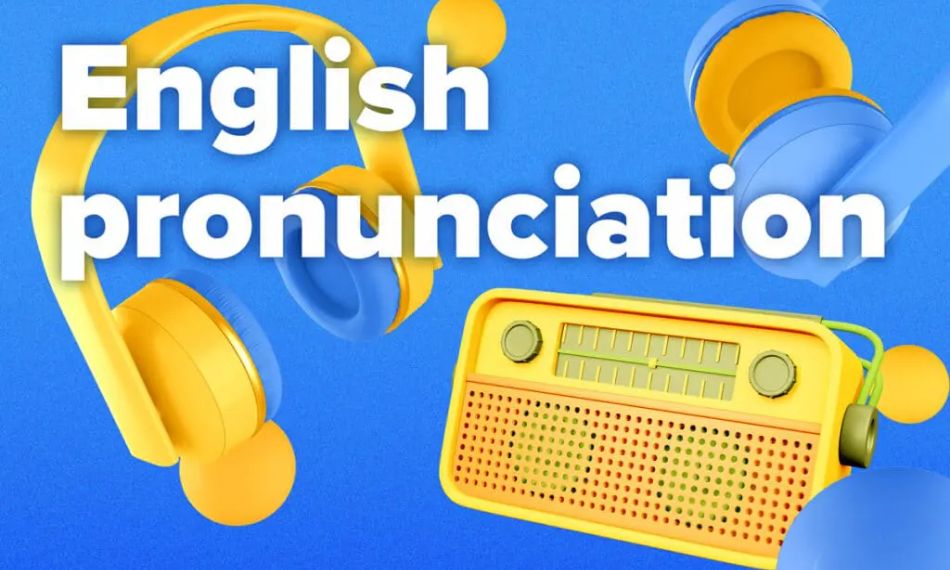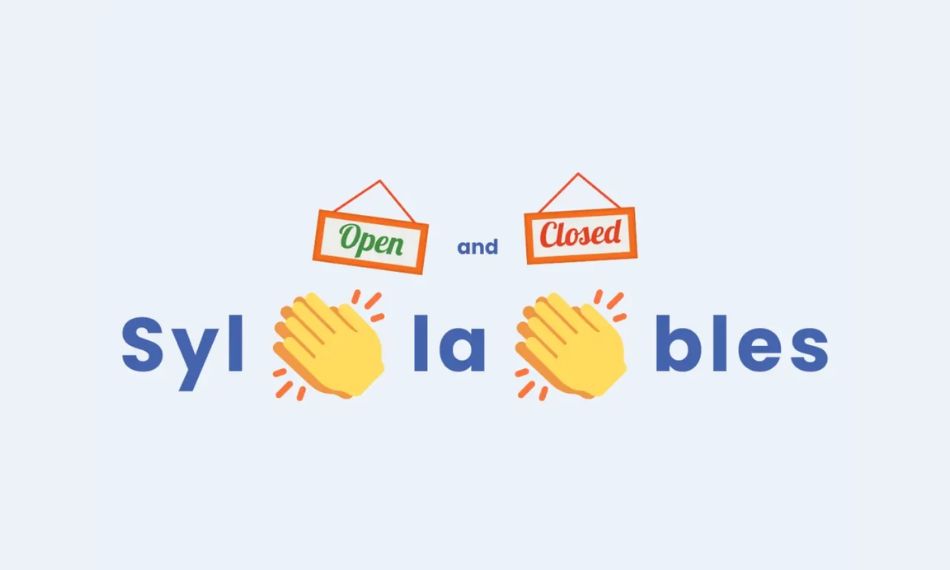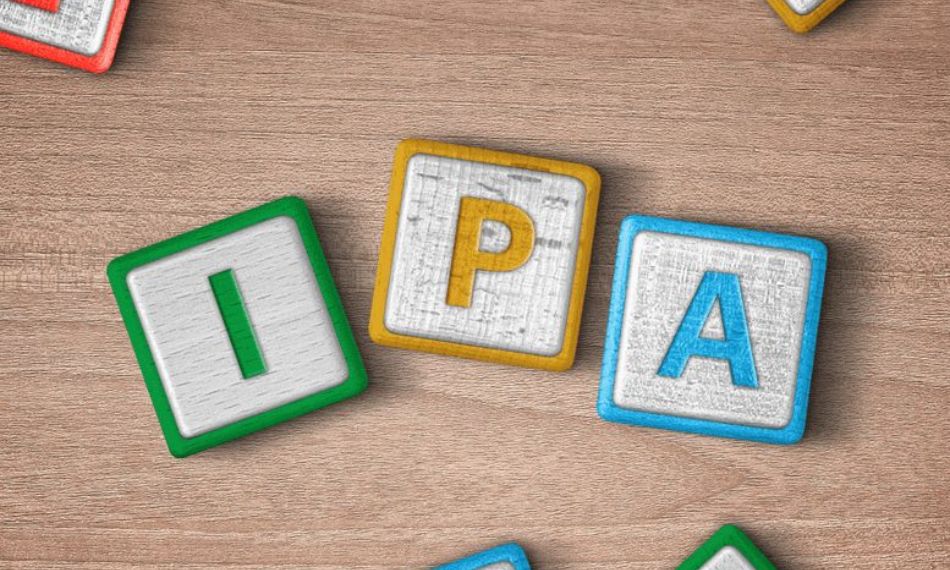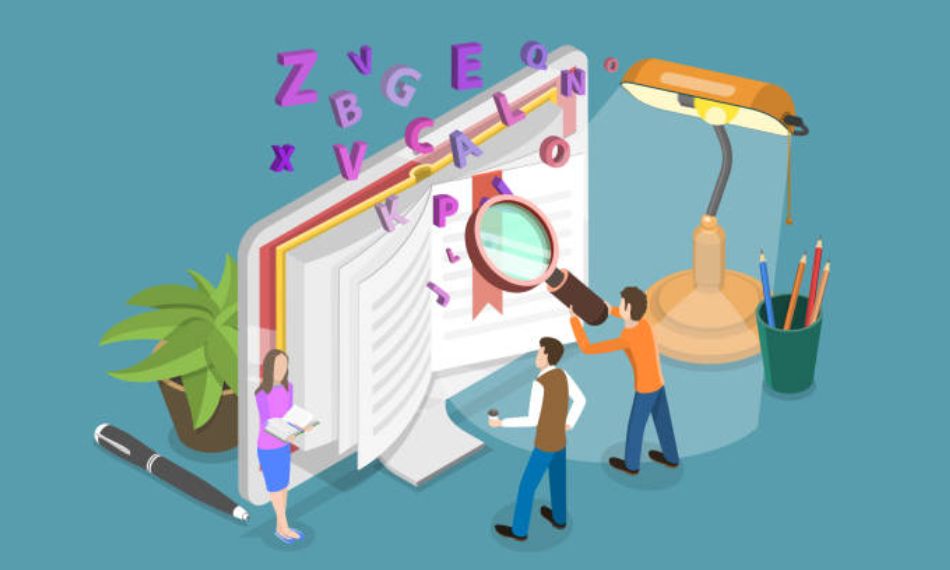50+ Commonly Mispronounced Words in IELTS Speaking
Why Pronunciation Matters in IELTS Speaking

Many students overlook how pronunciation impacts their fluency and coherence. Mispronouncing basic, high-frequency words can disrupt your communication and confuse the examiner. Common pronunciation problems among non-native speakers include incorrect stress patterns, vowel shifts, misread syllables, and ignoring silent letters.
To be clear: IELTS does not require you to sound like a native speaker. However, you do need to speak clearly and confidently with appropriate stress and intonation. That’s where learning the most commonly mispronounced words can make a big difference.
Top 50 Commonly Mispronounced Words in IELTS Speaking

These are words that come up often in IELTS Speaking but are frequently mispronounced by candidates. Pay close attention to stress, vowels, and tricky syllables. Here’s a sample of what to expect:
| Word | Incorrect Pronunciation | Correct Pronunciation | Common Mistake | IPA |
| Comfortable | /ˈkʌmfər-tey-bl/ | /ˈkʌmf.tə.bəl/ | Saying every syllable | /ˈkʌmf.tə.bəl/ |
| Career | /kəˈrɪəʃ/ | /kəˈrɪə/ | Stress on wrong syllable | /kəˈrɪə/ |
| Data | /ˈdætə/ | /ˈdeɪtə/ or /ˈdɑːtə/ | British vs American confusion | /ˈdeɪtə/ |
| Recipe | /reˈsaɪp/ | /ˈres.ə.pi/ | Misreading the final -e | /ˈres.ə.pi/ |
| Pizza | /ˈpɪk.sə/ | /ˈpiːt.sə/ | Misreading “zz” as /k/ | /ˈpiːt.sə/ |
| Debris | day-brees | deb-ree | Pronouncing silent “s” | /ˈdeɪbriː/ |
| Acai | ack-ai | ah‑sigh‑ee | Ignoring final vowel sounds | /ˌæsaɪˈiː/ |
| Cache | kash‑ay | kash | Adding extra syllable | /kæʃ/ |
| Hierarchy | hahy‑archy | hahy‑uh‑rahr‑kee | Skipped syllable | /ˈhaɪərɑːki/ |
| Jewellery | joo‑el‑er‑y | joo‑uh·l‑ree | Over‑syllabification | /ˈdʒuːəlri/ |
| Espresso | e‑xpres‑oh | e‑spres‑oh | Adding “x” | /eˈspresəʊ/ |
| Maniac | mahn‑yuhk | mey‑nee‑ak | Stress & syllable errors | /ˈmeɪnɪæk/ |
| Attaché | ah‑tat‑chee | uh‑tash‑ey | Over-anglicizing | /əˈtæʃeɪ/ |
| Lingerie | linger‑ee | lahn‑zhuh‑rey | English stress | /ˈlænʒəriː/ |
| Candidate | kan‑dee‑deit | kan‑duh‑duht | Extra syllable | /ˈkændɪdət/ |
| Chimera | chim‑er‑a | kiy‑meer‑a | Hard “ch” instead of soft | /kaɪˈmɪərə/ |
| Albeit | al‑bae‑it | awl‑bee‑it | Mispronouncing syllables | /ɔːlˈbiːɪt/ |
| Cupboard | cup‑bawd | kuh‑buhd | Saying every letter | /ˈkʌbəd/ |
| Definitely | duh‑fi-uhnt‑lee | deh‑fuh-nuht‑lee | Vowel & stress errors | /ˈdefɪnətli/ |
| Business | bis‑ee‑nuhs | biz‑nuhs | Over‑pronouncing syllables | /ˈbɪznəs/ |
| Mauve | mah‑owv | mowv | Diphthong misread | /məʊv/ |
| Coupon | que‑pun | koo‑pon | Misreading “ou” | /ˈkuːpɒn/ |
| Abalone | ah-boh-lohn | ab-uh-loh-nee | Misreading vowels | /ˌæbəˈləʊni/ |
| Chaos | Cha‑os | Key‑os | Misreading vowel | /ˈkeɪɒs/ |
| Federal | feh‑druhl | feh‑duh‑ruhl | Compressing syllables | /ˈfedərəl/ |
| Library | li‑be‑ry | lahy‑brer‑ee | Skipping middle syllable | /ˈlaɪbrəri/ |
| Paradigm | par-uh-dig-m | par-uh-dahym | Silent “g” ignored | /ˈpærədaɪm/ |
| Dilate | dai‑ah‑leit | dai‑leit | Unnecessary syllable | /ˈdaɪleɪt/ |
| Gauge | gauj | geyj | Spelling‑sound mismatch | /ɡeɪdʒ/ |
| Hyperbole | hahy‑pur‑bowl | hahy‑pur‑buh‑lee | Misreading ending | /haɪˈpɜːbəli/ |
| Flour | fl‑ahr | flou‑er | Wrong diphthong | /flaʊə/ |
| Genre | jen‑re | zhahn‑ruh | Missing “zh” sound | /ˈʒɑːnrə/ |
| Quote | coat | kwoht | Dropping the “kw” sound | /kwəʊt/ |
| Boutique | boh‑teek | boo‑teek | Vowel confusion | /buːˈtiːk/ |
| Epitome | ih‑pi‑toe‑m | ih‑pit‑uh‑mee | Stress & extra syllable | /ɪˈpɪtəmi/ |
| Resume | re-zoo-may | ray-zoo-may | Over-Anglicizing | /ˈrezjuːmeɪ/ |
| Career | ca-reer | kuh-reer | Wrong syllable stress | /kəˈrɪər/ |
| Pseudonym | syoo-duh-nim | sood-n-im | Misreading prefix | /ˈsjuːdənɪm/ |
| Pronunciation | pruh-noun-see-ey-shun | pruh-nuhn-see-ey-shun | Using “noun” instead of “nun” | /prəˌnʌnsiˈeɪʃn/ |
| Often | off-ten | aw-fuhn | Pronouncing the silent “t” | /ˈɒf(ə)n/ |
| Quinoa | kee-no-ah | keen-wah | Reading it like it’s Spanish | /ˈkiːnwɑː/ |
| Reservoir | rez-er-vore | rez-er-vwahr | Wrong final syllable | /ˈrezəvwɑː/ |
| Salon | suh-loon | suh-lon | Borrowed word misread | /ˈsælɒn/ |
| Sour | saa-r | sou-er | Diphthong reduction | /ˈsaʊə/ |
| Stomach | stoh-match | stuh-muhk | Misreading “ch” | /ˈstʌmək/ |
| Supposedly | su-pos-ab-lee | su-pos-ed-lee | Fake word “supposably” | /səˈpəʊzɪdli/ |
| Tuition | too-ishun | tyoo-ishun / too-ishun | Ignoring the “y” sound | /tjuːˈɪʃ(ə)n/ |
| Mischievous | mis-chee-vee-us | mis-chuh-vuhs | Adding an extra syllable | /ˈmɪstʃɪvəs/ |
| Nuclear | noo-kyu-lur | noo-klee-ur | Reversing syllables | /ˈnjuːkliə/ |
| Vehicle | vee-hai-kl | vee-uh-kl | Over-pronouncing “h” or “i” | /ˈviːɪkl/ |
| Anemone | an-ne-mo-nee | uh-NEH-muh-nee | Extra/missing syllables | /əˈnɛməni/ |
| Colonel | ker-nel | kur-nl | Spelling mismatch | /ˈkɜːnəl/ |
| Zebra | zee-bra | zeh-bra (UK) | American vs British pronunciation | /ˈzɛbrə/ (UK), /ˈziːbrə/ (US) |
| Bury | bur-ee | beh-ree | Looks like “bury” = “bury” | /ˈberi/ |
| Clothes | clo-thes | kloʊz | Saying the “th” too clearly | /kləʊðz/ |
| Rendezvous | ren-dez-vuss | ron-deh-voo | Pronouncing all letters | /ˈrɒndɪvuː/ |
| Plumber | plum-ber | plum-er | Pronouncing silent “b” | /ˈplʌmə/ |
| Sword | s-word | sord | Pronouncing silent “w” | /sɔːd/ |
| Yolk | yohl-k | yohk | Saying the “l” sound | /jəʊk/ |
| Island | is-land | eye-lənd | Pronouncing silent “s” | /ˈaɪlənd/ |
Quick Tips to Fix Pronunciation Errors
Paraphrasing in IELTS writing and pronunciation have something in common: both help you speak more naturally. Parroting native speakers may sound helpful, but without strategy, you could be copying mistakes. Here are some practical ways to tackle frequently mispronounced words and speak more clearly.
Break Words into Syllables

Connectors for IELTS speaking can sound awkward if each word isn’t pronounced clearly. Breaking long or difficult words into syllables helps you say them smoothly and naturally while avoiding commonly mispronounced words. You can try clapping or tapping each part as you speak. For example:
- Com-fort-a-ble (actually said: COMF-tuh-bul)
- Feb-ru-ar-y (often mispronounced as “Feb-yoo-airy”)
Learn the IPA (International Phonetic Alphabet)

Understanding the IPA can seriously improve your pronunciation. The IPA shows you how words sound, not how they’re spelled. Once you learn to read phonetic symbols, you’ll avoid guessing and mispronouncing unfamiliar words. For example, words like “genre” or “paradigm” are easier to pronounce correctly if you know their IPA transcriptions. Check out this video to get started.
Use Pronunciation Tools

You don’t have to guess how a word sounds—just use free tools like Forvo, YouGlish, or the Cambridge Dictionary’s audio feature. These platforms let you hear real people saying the words naturally. Listening to authentic pronunciation in context helps you train your ear and correct your own speech over time.
Record and Compare Your Speech

Recording yourself is one of the most effective ways to improve your pronunciation. Say a word out loud, then listen to how a native speaker says it. Compare both versions and note the differences. This technique helps you catch small mistakes in stress, syllables, or rhythm that often go unnoticed.
Practice Shadowing

IELTS reading techniques don’t directly teach speaking, but shadowing can boost fluency fast. Shadowing means repeating a native speaker’s words right after they say them—like you’re their echo. This helps you absorb their pronunciation, intonation, and rhythm naturally. It’s especially useful when practicing IELTS speaking responses with sample recordings.
Conclusion
Now that you know the most commonly mispronounced words in IELTS Speaking, it’s time to fix them! Your goal isn’t perfection but clarity. Remember, pronunciation affects one-fourth of your score and can influence your fluency too.
Want more speaking tips, word lists, and real test practice? Click into IELTS Test Pro now to level up your pronunciation and crush the speaking test!